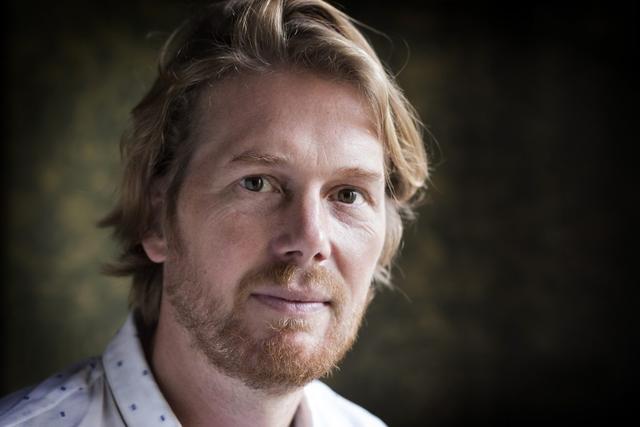After The Annex
When Anne Frank’s father, Otto, returned to Amsterdam from Auschwitz, he sought to uncover what had happened to his wife and two daughters, the Van Pels family and dentist Fritz Pfeffer – the seven companions with whom he had spent two years in hiding before their arrest by the Gestapo. He awaited their return at the train station each day, photographs of them in hand. Tragically, after piecing together the stories of the few eyewitnesses he found, he would be forced to conclude that he alone had survived the Nazi death camps. Seventy-five years later, 'After the Annex' takes up Otto Frank’s project and carefully reconstructs each of their camp experiences in the final days of the Holocaust.
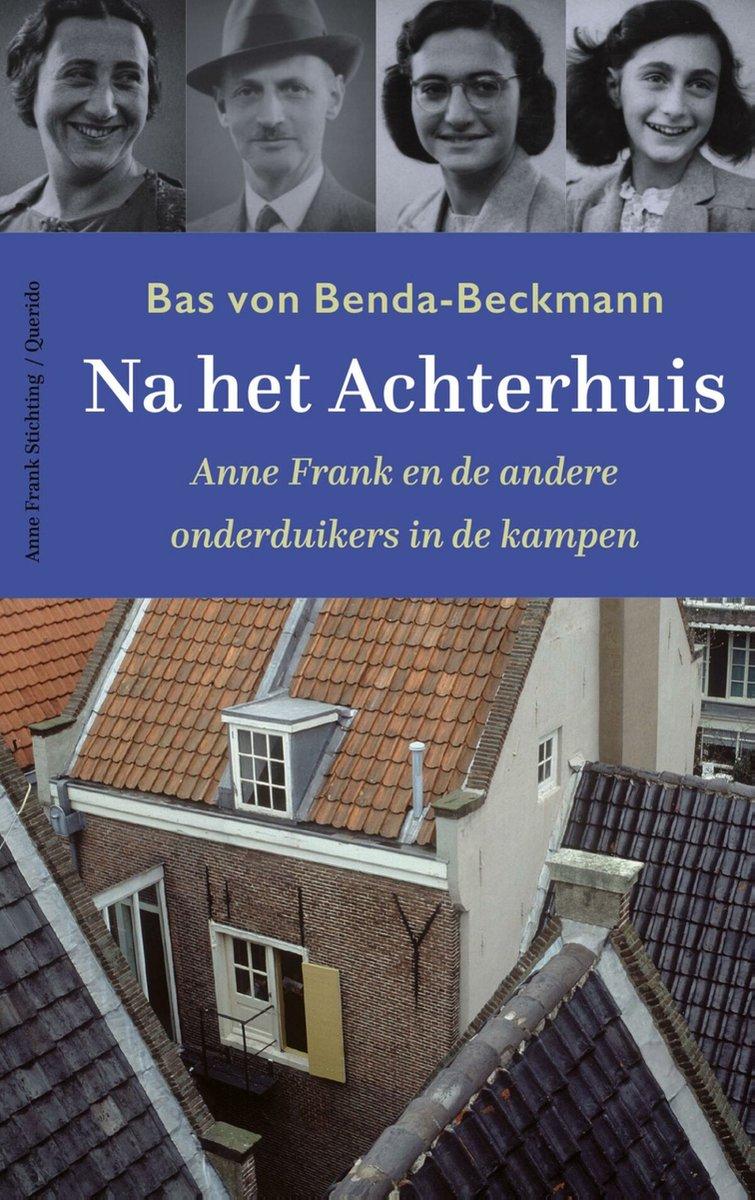
On the last page of what might be the best-known war story in all of Western history, Anne Frank and the seven protagonists of her diary joined the faceless mass of Holocaust victims whose individual fates, experiences and memories remain largely unknown. In this first systematic and comprehensive historical account of its kind, author Bas von Benda-Beckmann turns to the wide array of sources available to historians today to restore to each their individuality. Starting with their lives before the war, he retraces their journey from their detainment in Amsterdam to Dutch transit camp Westerbork, at which point their paths diverge as they are deported and transferred between Auschwitz-Birkenau, Bergen-Belsen, Mauthausen, Raguhn, Melk and Neuengamme. He meticulously reconstructs their experiences of forced labour, factory work, disease, hunger, violence, freezing temperatures and death marches.
While many records are still missing, and in many cases were actively destroyed by the Nazis, Von Beckmann makes use of countless eye-witness accounts from people who had been in the same camps at the same time in order to paint a picture of the conditions they would have been subjected to. Such a process is not without its historiographical challenges, which the author addresses, just as he makes new discoveries about their individual fates and interactions in the camps. Von Benda-Beckmann also situates these experiences within a larger historical context and the Nazis’ developing approach to the systematic extermination of European Jewish people.
This is a heart-wrenching and detailed historical account, written in a highly readable and evocative style. The many photographs of documents and details that have been included help bring this disturbing chapter of history to life, taking us the closest yet to the tragedy of these eight individuals.
More Non-Fiction
.jpg&w=828&q=75)
A Tablecloth for Hitler
A rich family history of resistance and collaboration
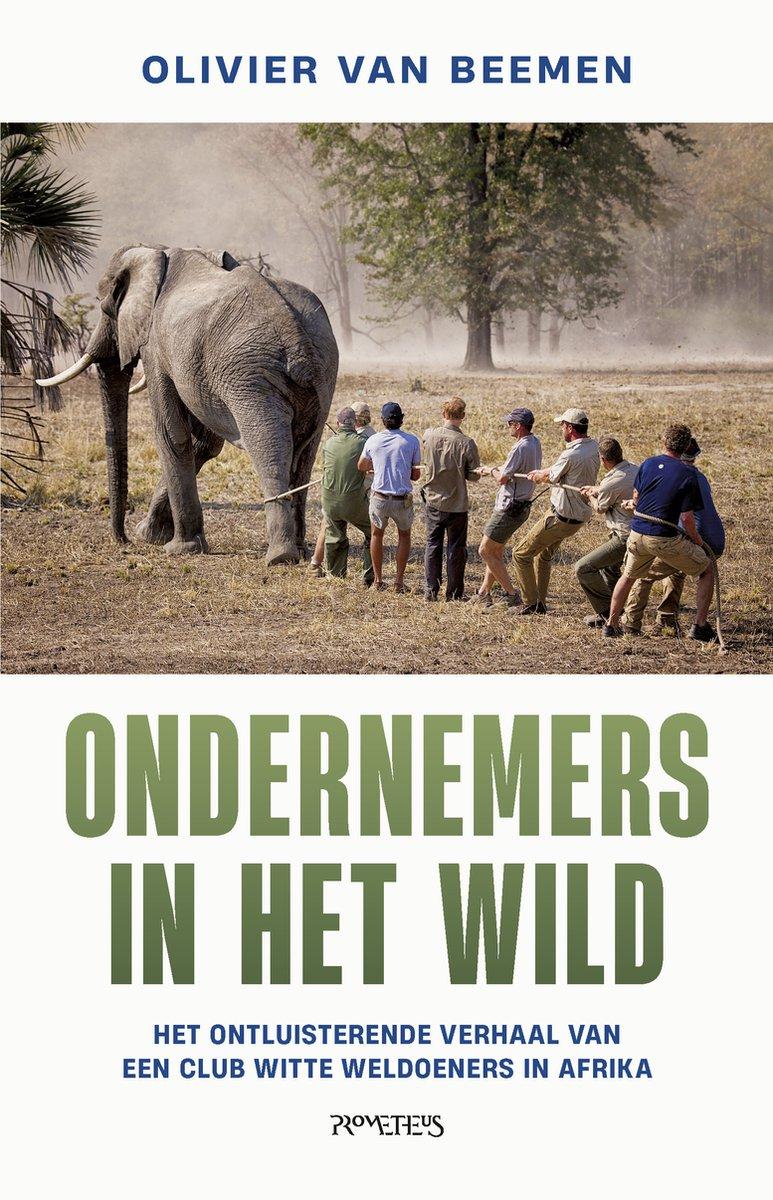
Entrepreneurs in the Wild
The dispiriting story of a club of white benefactors in Africa: how nature parks have been corralled by modern imperialism
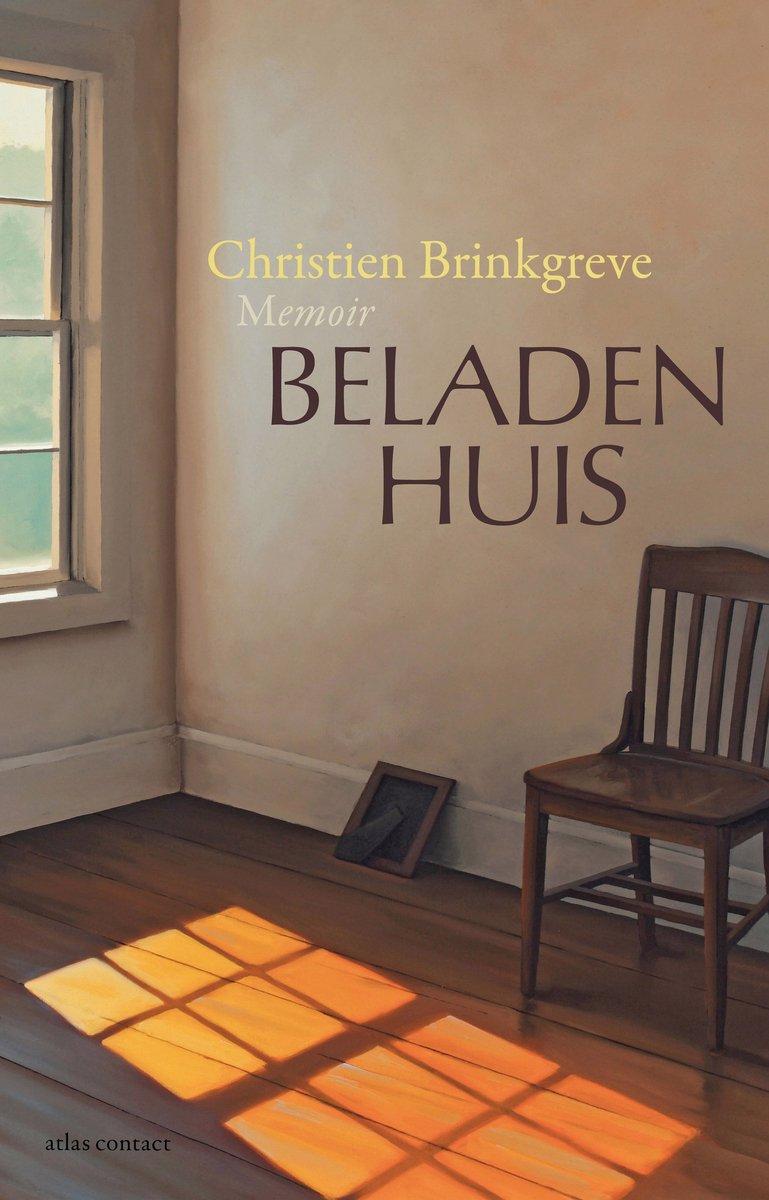
Burdened House
A bestselling memoir about the space one occupies in society as a woman; about loneliness, fear and the choices we make in love.
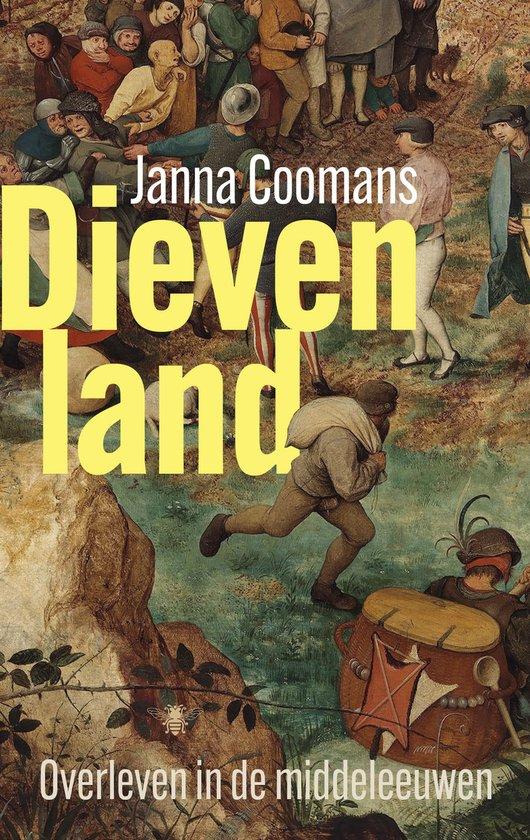
Land of Thieves: Survival in the Middle Ages
Brilliantly-researched, groundbreaking reconstruction of daily life in the fifteenth century
